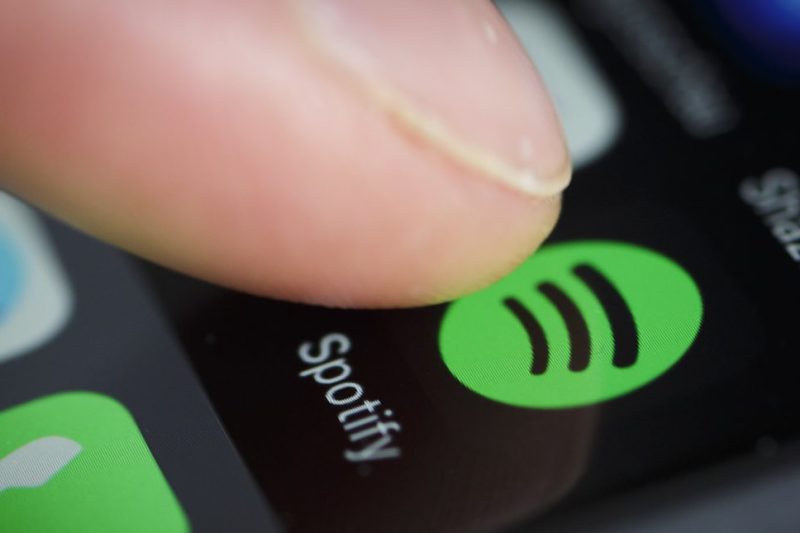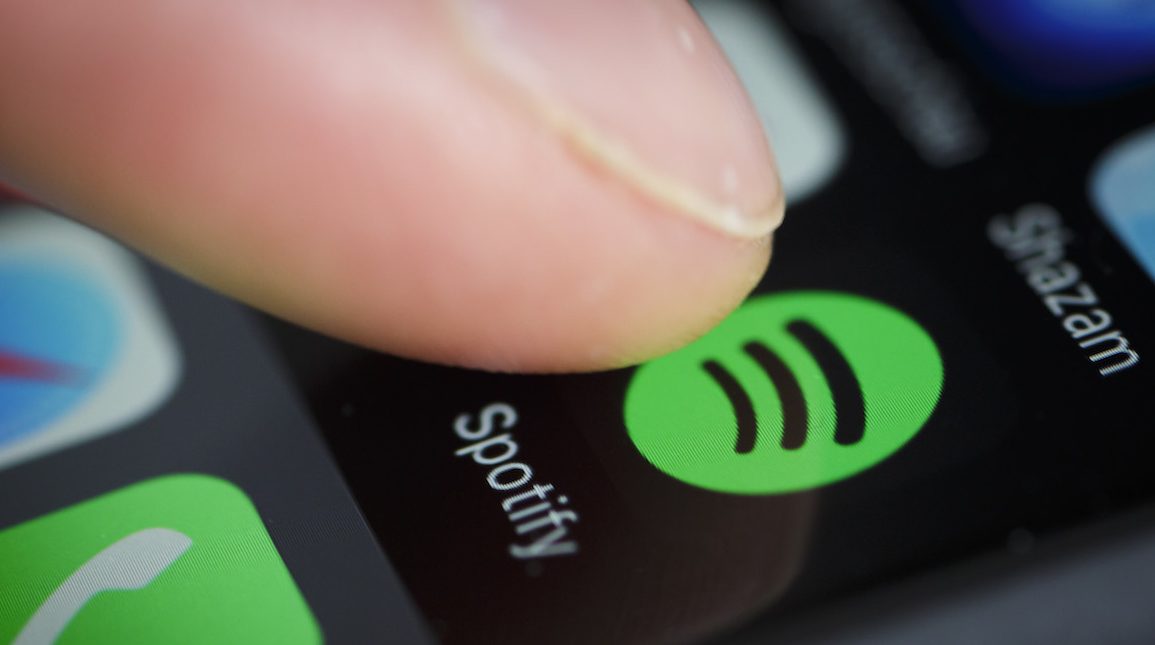
If you love music—and we certainly do—you may be one of the 40 million paying subscribers the Swedish streaming service Spotify has attained worldwide. It’s a remarkable feat, doubling the number Apple has achieved with Apple Music. And this success is leaving economists baffled. Not because they don’t understand the appeal of Spotify, but because it generates data that is redefining our traditional understanding of economics.
Jim Edwards reports on this phenomenon for Business Insider. He notes that, thanks to Spotify and other tech companies, our economy “is less and less dependent on factories churning out physical objects, and more and more dependent on non-tangible, virtual goods and services.” This may be why our world is theoretically “awash in cash” from government mints printing money, yet “growth and productivity are stagnating worldwide.”
Edwards notes that HSBC global economist James Pomeroy believes this may be a result of central banks under-calculating the sale of virtual goods (like those Spotify subscriptions). Pomeroy asserts:
“Generally you would say that in this world with greater tech use there’s a greater scope for mis-measurement. If you’ve got a lot of virtual consumption it’s that much harder to get it correct. Instead it’s much easier if you have things on a factory line or goods coming into a port you can measure that as it’s hard things happening. Whereas Spotify subscriptions and Netflix, digital downloads and the rest of it are a little bit harder to pick up, and I think that’s where the challenges are for statisticians and economists over the next few years—to work out ways that we can actually monitor this stuff correctly and get a really fair idea of what’s going on.”
To read Edwards and Pomeroy’s extensive discussion of the full implications of these inaccurate calculations, click here. Of course, this isn’t the first time Spotify has made headlines over allegedly incorrect numbers. Many artists charge that they are massively underpaid. To learn about Cracker frontman David Lowery’s $150 million lawsuit against Spotify and his critique of their payment system, click here.
This article appeared in an InsideHook newsletter. Sign up for free to get more on travel, wellness, style, drinking, and culture.

























